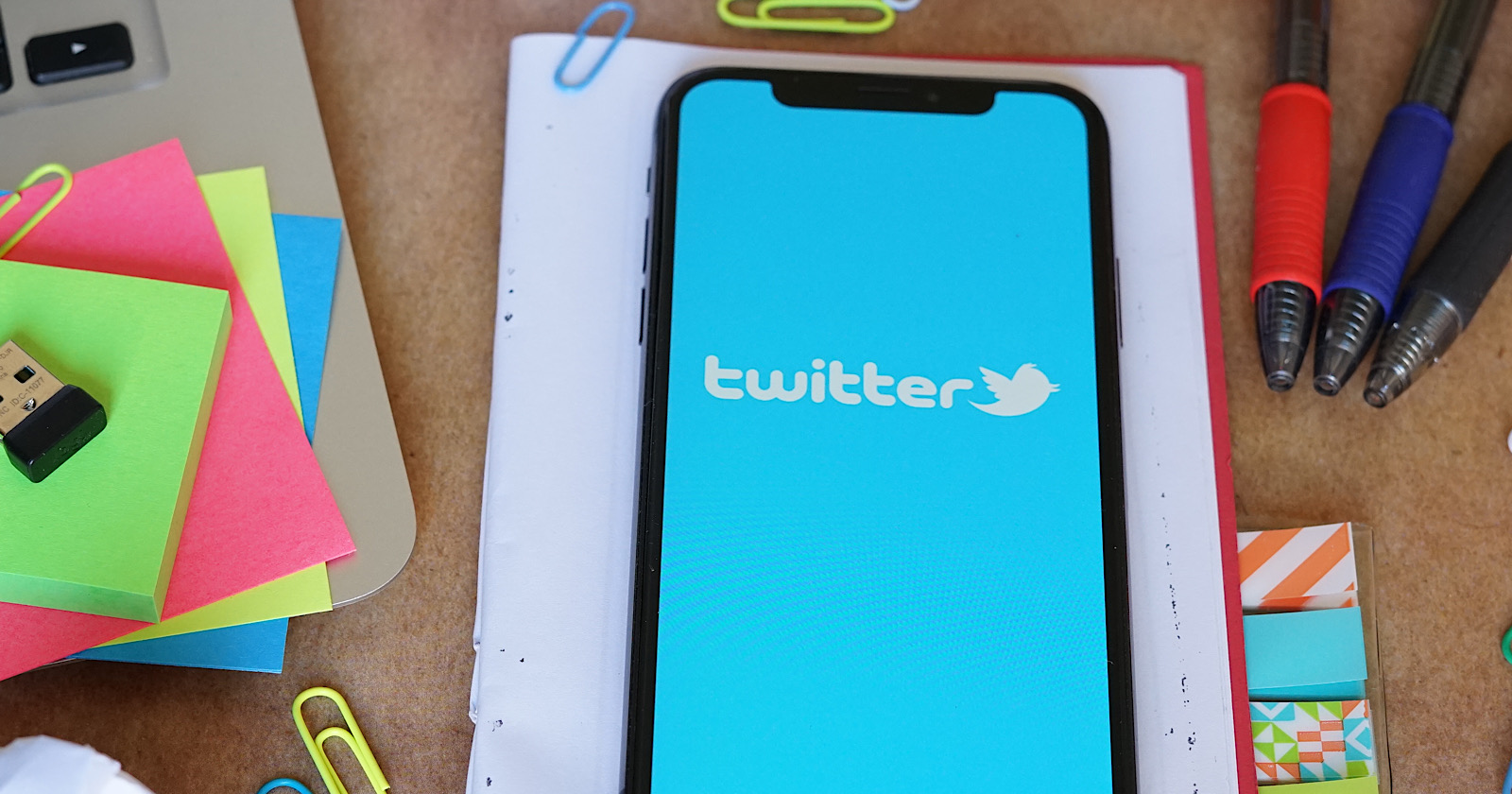
Twitter is back with more examples of good copy versus bad copy when writing tweets, this time with examples related to publishing polls.
Twitter’s Global Creative Lead Joe Wadlington hosts what has now become a monthly video series full of Twitter tips.
Here’s his advice on Twitter polls in the latest installment of Good Copy, Bad Copy.
Twitter Polls – Engaging & Useful
Polls on Twitter can be a valuable source of market research data, but only if they’re utilized strategically.
When it comes to writing copy for polls, marketers have to find a balance between being engaging while also gathering usable information.
Good copywriting comes into play when writing the body of the tweet and also when crafting the poll options.
As explained later on in the examples, it’s easy to make the mistake of writing engaging copy that doesn’t actually produce any useful data.
In that case – it doesn’t really matter how many people engage with the poll if it does not generate anything your company can benefit from in the long run.
Bad Copy for Twitter Polls
Here’s the example provided of bad copy for Twitter polls:
“We’re completely out of ideas! Tell us what to put on our blog next.”
- Blog posts
- Videos
- How-tos
- Cat videos
There are a number of things wrong with this copy, not the least of which is the negative note it starts out on.
After demanding the audience for responses, it goes on to lead them toward a series of skewed answers.
Blog posts and videos are content formats, while how-tos is a topic that could be either a blog post or a video.
Cat videos is a funny and engaging answer, but it’s engaging to a fault.
Chances are most people will choose cat videos, and you may end up with a bunch of responses on the poll, but you won’t be able to use any of that data.
So that’s the bad copy. Here’s the good copy version.
Good Copy for Twitter Polls
The revised version with good copy reads:
“We want to hear from you! What type of content do you want to see on our blog?“
- Product how-tos
- Twitter trends
- Marketing best practices
Right from the start, this poll begins by soliciting feedback from the audience in a positive way.
“We want to hear from you” shows that you care about what your audience has to say.
Especially when compared with “We’re completely out of ideas!”
The poll then leads users toward choosing from a selection of topics, rather than a mixture of topics and formats.
This is good copy, and in the end it will provide the business with information it can use to improve its blog.
See the full Good Copy, Bad Copy video below.
Do you know what makes for effective Tweet copy?
We’re back with more of our top tips: pic.twitter.com/rp6Ja2g3D5
— Twitter Business (@TwitterBusiness) April 13, 2020
Transcript:
Twitter is where you go to ask your audience what they want, and polls are a great way to do this. But this is bad copy.
“We’re completely out of ideas! Tell us what to put on our blog next.”
And then each of the answers included in this poll are a little skewed.
Blog posts and videos are a format, whereas how-tos are a topic. And cat videos – well that’s a funny joke answer but everyone’s going to vote cat videos and you won’t learn anything from this poll. This is bad copy.
The good copy version: “We want to hear from you! What type of content do you want to see on our blog?”
Asking questions always stimulates engagement, and each of these answers are something that the poll results can tell you and that you’ll learn from.
Product how-tos, Twitter trends, marketing best practices – this is going to help your team along the way.
It’s good copy.
More Resources






